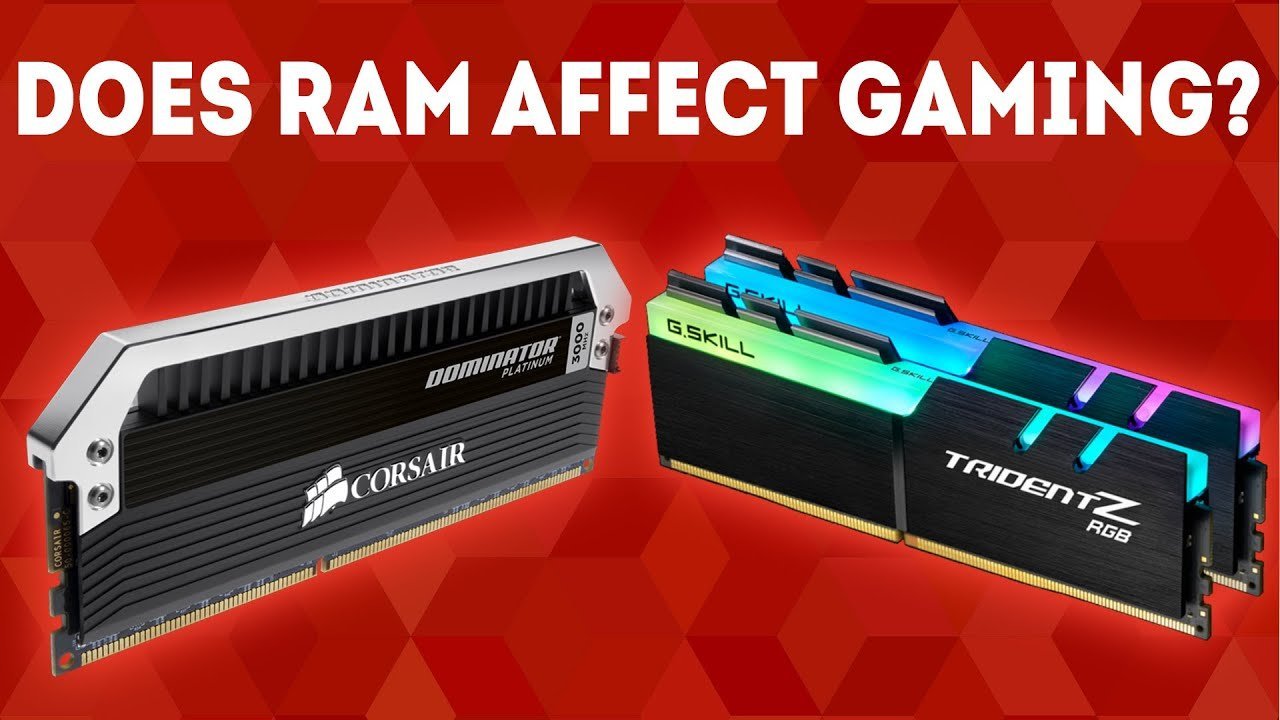When it comes to gaming, enthusiasts often focus on high-end graphics cards and powerful processors to enhance their gaming experiences. However, one crucial component that significantly influences gaming performance often flies under the radar: RAM (Random Access Memory). RAM plays a pivotal role in gaming, affecting everything from smooth gameplay to overall system responsiveness. Here’s an exploration of how RAM influences gaming performance:
What is RAM?
RAM is the temporary memory that your computer uses to store data that’s actively being used or processed. When you run a game, it loads into the RAM, allowing the CPU and GPU to access necessary information quickly.
Faster Loading and Smoother Gameplay
Having ample RAM facilitates quicker loading times for games and enables smoother gameplay. It allows the game to store more data in memory, reducing the need to retrieve information from slower storage devices like hard drives or SSDs during gameplay.
Multi-Tasking and Background Processes
Modern games often run alongside background applications like streaming software, chat clients, or browser tabs. More RAM enables seamless multitasking, allowing you to run these additional applications without impacting gaming performance.
Higher Frame Rates and Reduced Stutters
Insufficient RAM can lead to bottlenecks, causing frame rate drops and stutters in games. With adequate RAM, the system can handle the game’s demands, ensuring a consistent and smoother gaming experience, especially in graphically intensive titles.
Resolution and Texture Quality
Higher resolution gaming and maximum texture quality settings demand more memory. Insufficient RAM may limit your ability to play games at higher resolutions or force you to compromise on texture quality, affecting the visual fidelity of the gaming experience.
Future-Proofing and Game Requirements
As newer games continue to push boundaries in terms of graphics and complexity, they often demand more RAM. Investing in ample RAM ensures your system is prepared for upcoming titles and their evolving requirements.
RAM Speed and Timings
Not just capacity, but RAM speed and timings also impact gaming performance. Faster RAM with lower latency (tighter timings) can provide a slight performance boost in certain scenarios, especially with integrated graphics or in CPU-bound situations.
Optimizing RAM for Gaming
Ensure you have sufficient RAM based on the games you play and your system requirements. Running resource-intensive games alongside background applications may require 16GB or more for optimal performance.
Upgrade Considerations
For gamers experiencing performance issues due to insufficient RAM, upgrading to higher capacity modules or faster RAM kits can notably enhance gaming experiences without necessarily changing other hardware components.
Final Thought:
RAM is an often-overlooked yet critical component for an optimal gaming experience. Its influence spans beyond just capacity, impacting loading times, frame rates, multitasking capabilities, and the overall fluidity of gameplay.
In a nutshell, investing in sufficient, high-quality RAM tailored to your gaming needs can significantly enhance your gaming rig’s performance, ensuring you’re equipped to handle the demands of the latest and most demanding games on the market.
